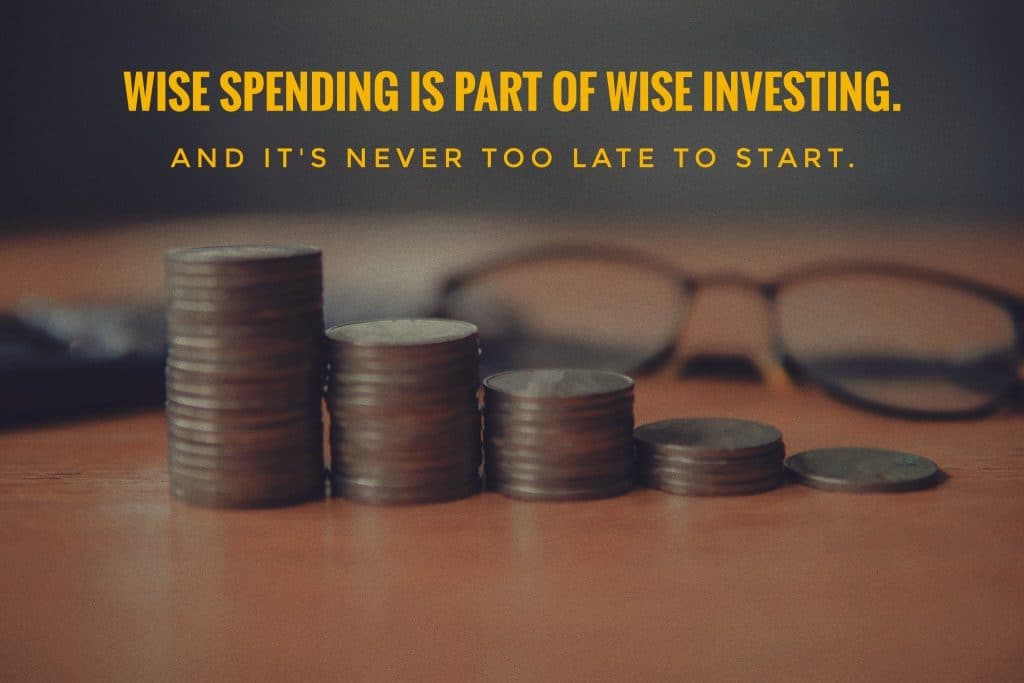We all grow up hearing rules about money — some good, some outdated, and some just plain wrong. The problem is, these “truths” often stick with us, shaping the way we think about earning, saving, and spending. That’s why changing money mindset is one of the most powerful steps you can take if you want to build lasting wealth. It’s not about memorizing investment jargon or finding the next big trend. It’s about recognizing the beliefs that are holding you back and replacing them with ones that actually work. Let’s break down the most common money myths and the real truths you need to start living by.
Myth #1: You Need a High Income to Build Wealth
One of the most damaging money myths is that wealth only happens for people with six-figure salaries. While a higher income certainly gives you more room to save, it’s not the only factor. Plenty of people with modest earnings have built substantial wealth simply by spending less than they make, investing consistently, and avoiding debt traps.
Changing money mindset here means understanding that discipline beats income size. You could earn $150,000 a year but spend $160,000 — and you’d still be broke. On the flip side, someone earning $50,000 but living on $35,000 can invest the difference and grow their net worth over time.
If you want practical strategies for managing whatever income you have, Finance Finest’s budgeting tips are a great starting point.
Myth #2: Debt Is Always Bad
Debt has a bad reputation, but not all debt is created equal. While high-interest credit card debt can destroy your finances, certain types of debt can actually help you build wealth — think low-interest student loans that increase your earning potential or mortgages that let you own appreciating assets. Apps like YNAB make changing money mindset easier by encouraging you to give every dollar a job, turning budgeting into a purposeful habit instead of a chore.
Changing money mindset here involves seeing debt as a tool rather than a trap — but only when it’s used intentionally. The goal is to borrow for things that grow in value or increase your income, not for lifestyle upgrades you can’t afford.
The danger is when people justify every purchase as an “investment,” so you need to be honest about whether the debt is helping or hurting.

Myth #3: You Have to Be Good at Math to Manage Money
Many people avoid investing or budgeting because they think they’re “bad with numbers.” In reality, most wealth-building strategies require basic arithmetic, not advanced calculus. You don’t need to calculate complex financial formulas — you need to know how to add, subtract, and understand percentages.
Changing money mindset means realizing that tools exist to do the heavy lifting for you. Budgeting apps, online calculators, and automated investment platforms make it easier than ever to make smart money decisions without being a math whiz.
For everyday lifestyle tips that can simplify money management, check out Finance Finest’s lifestyle section.
Myth #4: More Education Always Means More Money
While education can increase your earning potential, it’s not a guarantee. Many people take on massive student loans expecting high salaries, only to find that their field doesn’t pay as much as they thought.
Changing money mindset here is about evaluating the return on investment for any degree or training program. Before committing, research average salaries in your chosen field, the cost of living in the areas you want to work, and alternative pathways that might offer better value.
Sometimes a trade school, online certification, or apprenticeship can lead to higher earnings with far less debt.
Myth #5: You Should Always Save Before You Invest
Saving is important — especially for emergencies — but parking all your money in a low-interest savings account won’t help you build significant wealth over time. Once you have a safety net, investing is essential if you want your money to outpace inflation.
Changing money mindset here means understanding the balance between safety and growth. Keep your emergency fund in cash, but let your long-term money work for you in assets like stocks, bonds, or real estate.
If you’re nervous about starting, begin small. Even a few dollars invested each month can grow significantly over decades. For beginners, Stash is another way to start changing money mindset, offering fractional shares and simple lessons that make investing less intimidating.
Myth #6: Renting Is Throwing Money Away
Owning a home can be a great investment, but it’s not always the best choice for everyone. Depending on your location, career flexibility, and financial goals, renting can actually be smarter — especially if it allows you to save and invest more.
Changing money mindset here means separating emotional attachment from financial reality. Owning comes with property taxes, maintenance, and other hidden costs that can eat into your budget. Renting, on the other hand, might free up cash to invest elsewhere.
Myth #7: You Can’t Build Wealth Without a Financial Advisor
Financial advisors can be valuable, but they’re not a requirement for building wealth. With so many accessible resources, you can learn the basics of investing, budgeting, and retirement planning on your own. If you want to dive deeper into financial knowledge, Investopedia can help in changing money mindset by breaking down complex topics into clear, actionable insights.
Changing money mindset here is about realizing that while guidance can help, it’s your habits that make the biggest difference. If you do work with an advisor, make sure they’re transparent about fees and focused on your goals, not just selling products.
You can also learn independently by exploring the Finance Finest mindset articles for fresh perspectives.
Myth #8: It’s Too Late to Start
Whether you’re in your 20s, 40s, or even 60s, it’s never too late to improve your financial situation. Waiting longer means you may need to save more aggressively, but starting now is still better than never starting at all.
Changing money mindset means rejecting the “I missed my chance” mentality. Even small, consistent changes can lead to meaningful results over time. The key is to act now rather than putting it off for another year.

Myth #9: You Must Have Multiple Streams of Income to Be Wealthy
Multiple income streams can accelerate wealth-building, but they’re not the only way to succeed. Many people have achieved financial independence with a single, stable source of income — paired with smart spending, saving, and investing habits.
Changing money mindset here means focusing on quality over quantity. Don’t stretch yourself thin chasing every possible side hustle if it distracts from your main income source. Instead, build stability first, then expand if you have the capacity.
Myth #10: Wealth Is Just About Money
True wealth includes financial security, but it also involves health, time freedom, and peace of mind. You can have millions in the bank and still feel poor if you have no time to enjoy life or your health is suffering.
Changing money mindset means thinking of wealth as a holistic goal — not just a number in an account. This shift encourages better decisions about how you spend, invest, and use your time.
Why Unlearning Is Just as Important as Learning
When it comes to money, what you stop believing can be just as transformative as what you learn. Many of the habits that keep people stuck financially come from outdated or overly simplified advice that doesn’t fit today’s world.
Changing money mindset is about replacing those outdated beliefs with strategies that reflect reality — not myths. That might mean realizing you don’t need a massive salary to invest, accepting that debt can sometimes be useful, or letting go of the idea that renting is always bad.
The more myths you challenge, the more freedom you’ll have to make decisions based on facts rather than fear or tradition.

Building Wealth Starts in Your Head
At the end of the day, money habits are deeply connected to beliefs. If you believe you’ll never get ahead, you’re less likely to take action. But if you see opportunities and focus on what you can control, your actions start aligning with growth.
Changing money mindset isn’t a one-time event — it’s an ongoing process. You’ll need to challenge old beliefs regularly, especially when they’re reinforced by family, friends, or media. But every step you take toward a healthier perspective on money puts you closer to real, sustainable wealth.
If you’re ready to start, begin with one myth you’ve believed for too long. Replace it with a truth you can act on today. Small mindset shifts compound over time — just like your investments. Discover more ways to start changing money mindset with practical guides at Finance Finest.
